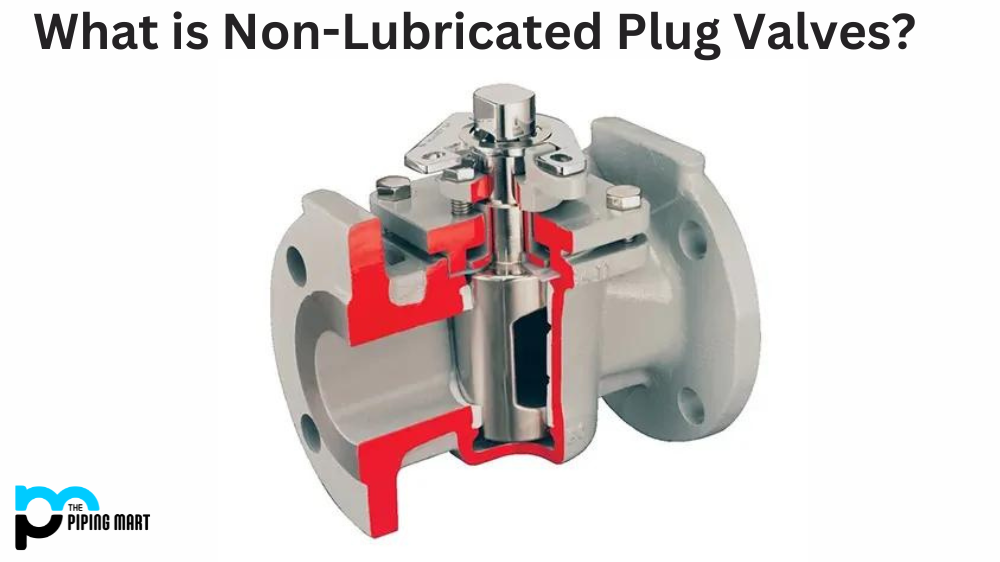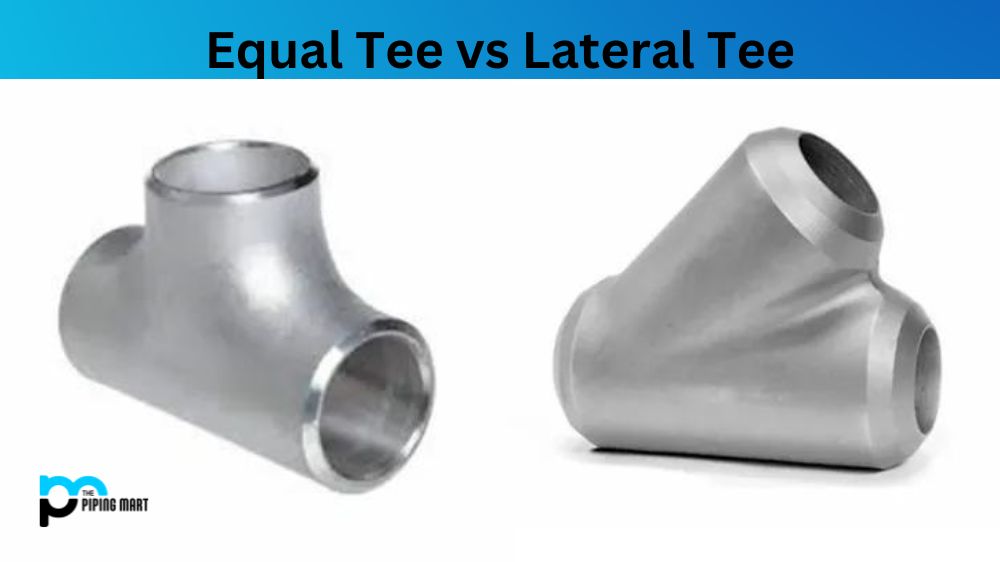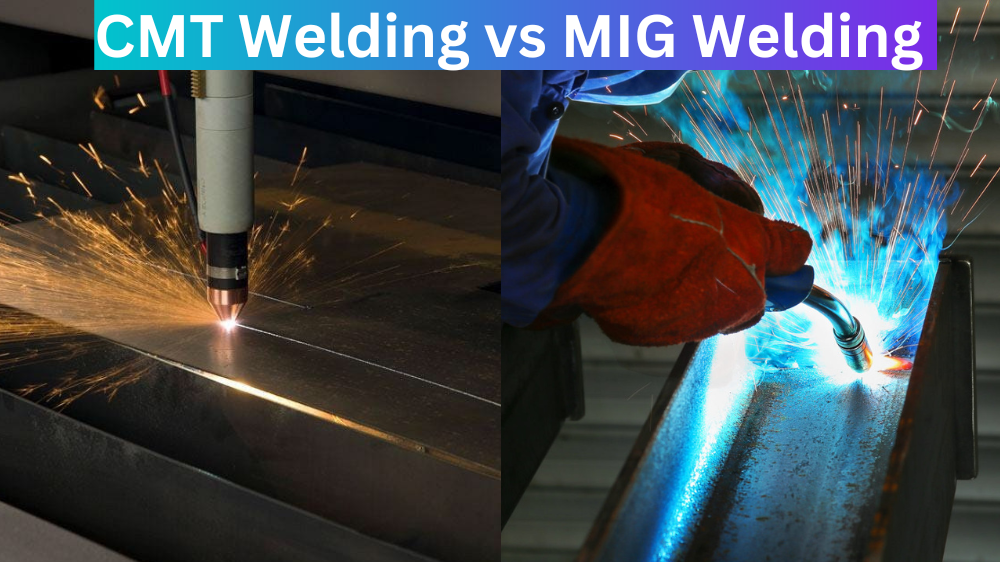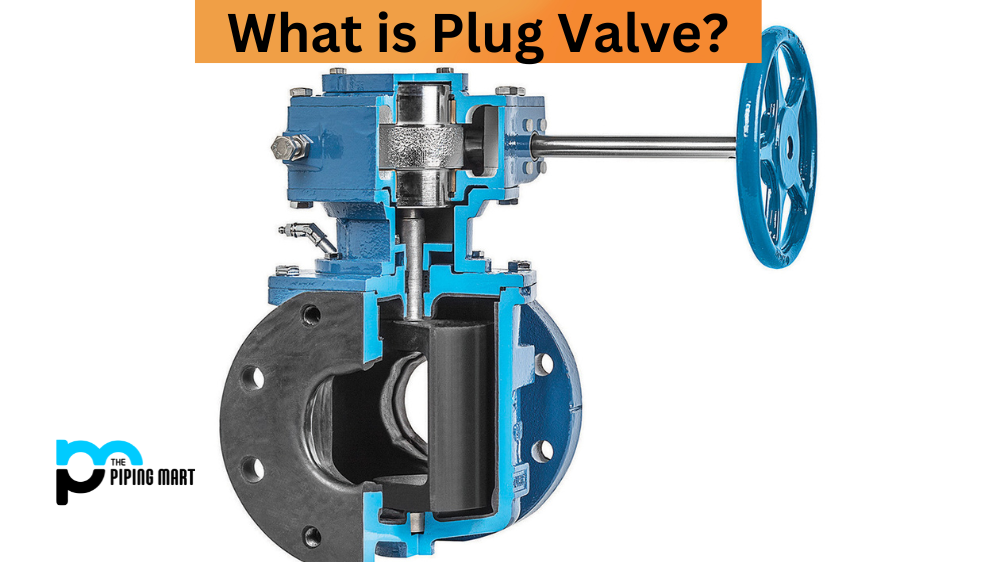For many industries, plug valves are an essential piece of equipment for controlling and regulating the flow of fluids. But not all plug valves are the same. Non-lubricated plug valves differ from their lubricated counterparts in a few key ways. They offer several advantages that make them great for applications where the fluid is incompatible with lubrication. Let’s take a closer look at why non-lubricated plug valves are worth considering.
What is Non-Lubricated Plug Valve?
Non-lubricated plug valves offer an effective solution for various flow control applications. They are designed to handle fluids containing various harmful particulates, aggressive slurries, and corrosive liquids, widely used in the oil and gas industry. A non-lubricated plug valve is crafted from strong, corrosion-resistant materials such as metal alloys or solid plastic and features a plug seated within the body. It can open or close the flow channel by rotation around its axis to stop, regulate or adjust the flow rate. Non-lubricated plug valves can be designed differently depending on the particular requirement – from face-to-face dimensions that meet customer specifications to special coatings such as rubber linings and PTFE coating to protect against harsh chemicals. They provide superior protection against leakage when used correctly due to their ant ballooning sealing design feature.
How Non-Lubricated Plug Valves Work
Non-lubricated plug valves work by using a cylindrical or conical plug to open and close the valve opening. The plug is rotated 90 degrees to block off or allow passage through the valve body. It’s important to note that non-lubricated plug valves do not use any lubricant, which makes them ideal for applications involving fluids that would be adversely affected by exposure to lubricants or solvents.
Non-Lubricated Plug Valve Uses
Non-lubricated plug valves can be used in various applications, including fluid control systems for numerous industries such as oil and gas, petrochemical, pharmaceutical, water treatment, food manufacturing and more. They also find use in chemical processing plants where corrosive agents are present and must be kept away from lubricants or solvents. In addition, non-lubricated plugs can be used in safety systems such as fire suppression lines due to their high level of reliability, even under extremely demanding conditions.
Conclusion:
Non-lubricated plugs offer several advantages over their lubricated counterparts—namely, their ability to handle fluids that cannot come into contact with lubricants or other contaminants—making them an excellent choice for certain types of applications. Whether you need them for process control systems in petrochemical plants or fire suppression lines in buildings, non-lubricated plug valves provide reliable performance with minimal maintenance requirements. They are an ideal choice for many industries. If you’re looking for an efficient way to regulate the flow of fluids without sacrificing reliability or safety, consider investing in some non-lubricated plug valves today!

A passionate metal industry expert and blogger. With over 5 years of experience in the field, Palak brings a wealth of knowledge and insight to her writing. Whether discussing the latest trends in the metal industry or sharing tips, she is dedicated to helping others succeed in the metal industry.




